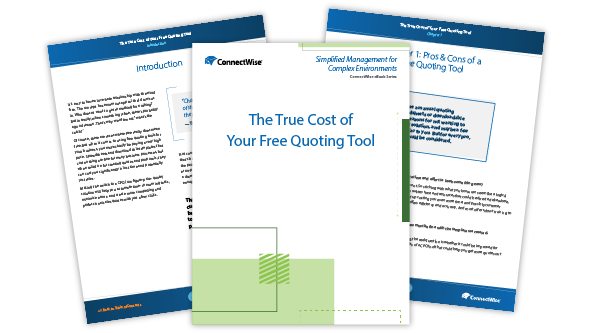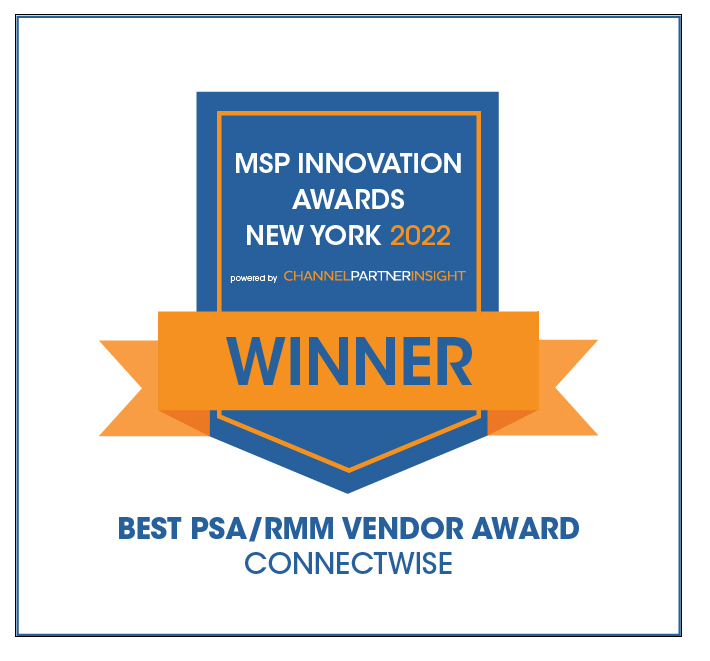-
MDRAddress the growing frequency, type, and severity of cyber threats against SMB endpoints
-
SIEMCentralize threat visibility and analysis, backed by cutting-edge threat intelligence
-
Risk Assessment & Vulnerability ManagementIdentify unknown cyber risks and routinely scan for vulnerabilities
-
Identity ManagementSecure and streamline client access to devices and applications with strong authentication and SSO
-
Cloud App SecurityMonitor and manage SaaS security risks for the entire Microsoft 365 environment.
-
SASEZero trust secure access for users, locations, and devices
-
Enterprise-grade SOCProvide 24/7 threat monitoring and response backed by proprietary threat research and intelligence and certified cyber experts
-
Policy ManagementCreate, deploy, and manage client security policies and profiles
-
Incident Response ServiceOn-tap cyber experts to address critical security incidents
-
Cybersecurity GlossaryGuide to the most common, important terms in the industry
eBook

The True Cost of Your Free Quoting Tool
Even if you’re satisfied with your current method of quoting, automating that method would make it even more efficient—which means more free time for you, and more sales for your bottom line.
A CPQ tool can help automate tasks, minimize errors, and create more compelling and professional sales quotes. A CPQ will centralize all of your quoting information and tasks into one single platform and provide your customers with an easier system that will keep them coming back. In this eBook, ConnectWise discusses the pros and cons of free quoting tools and how an automated tool can improve the quotes you create.
- Pros and Cons of a Free Quoting Tool: Discover the advantages (and disadvantages) of using a free, manual quoting tool.
- Why Automation Makes Quoting Easier: Find out how automating your quoting process can reduce human error and allow you to crank out quotes quicker and more easily.
- All Your Quoting Needs in One, Dedicated Location: See how centralizing your quoting process onto one single platform can improve your quotes.
- Improve Your Customers’ Buying Experience: Find out how quoting solutions improve the customer experience and allow you to close more deals.
- Gain Complete Control of the Quoting Process: See how having a single quoting solution gives you better visibility, control, and auditing of your sales.
- Weighing Your Options: Learn about the different quoting options available to you.


